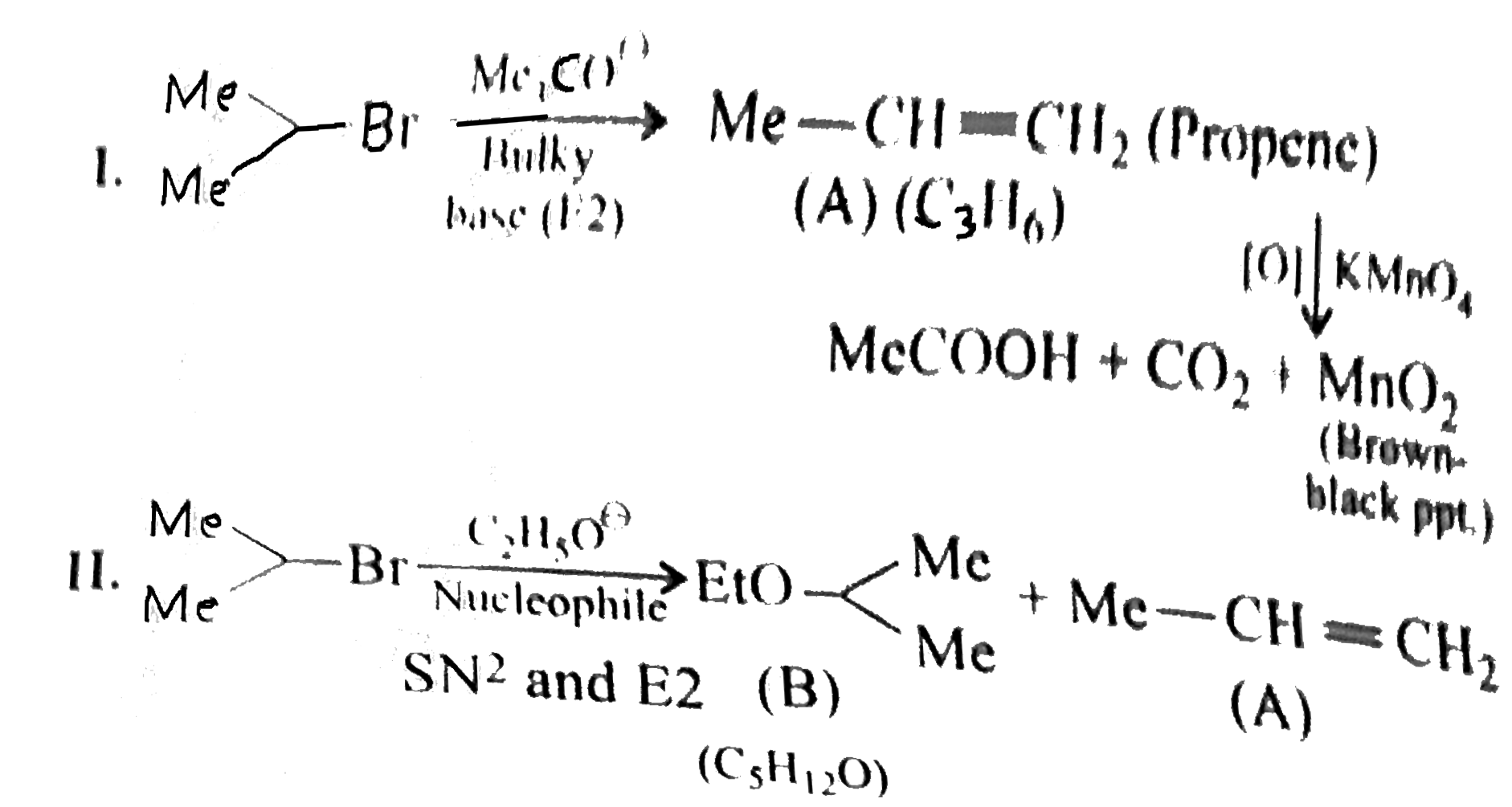IsoprophI bromide was treated separately with sodium ethoxide under two different conditions.
Reaction I:
Treatment of isopropyI bromide with (Me3CONa) at 40∘C gave almost exclusively compound (A)(C3H6).
Reaction II:
Treatment of (i−PrBr) with NaOC2H5 at 30∘C yileled compound (A)(C3H6) along with a small amount of an ether (B)(C5H12O).
Compound (A) was readily oxidised by a neutral solution of cold dil. KMnO4 to give a brown preciptate.
Which of the following most accureately repreasents the activated complex formed in reaction (II) that leads to compound (A) ?
A
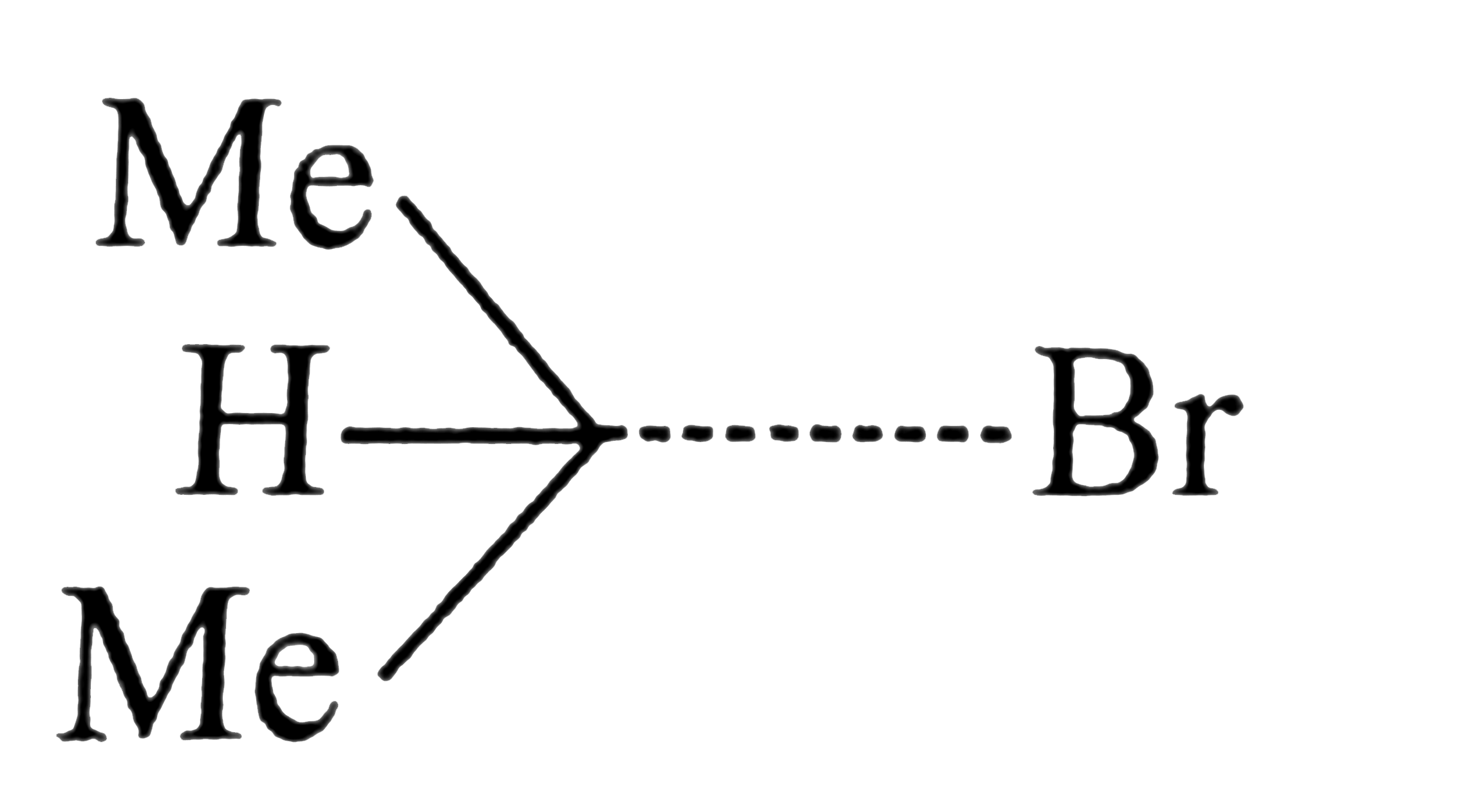
B
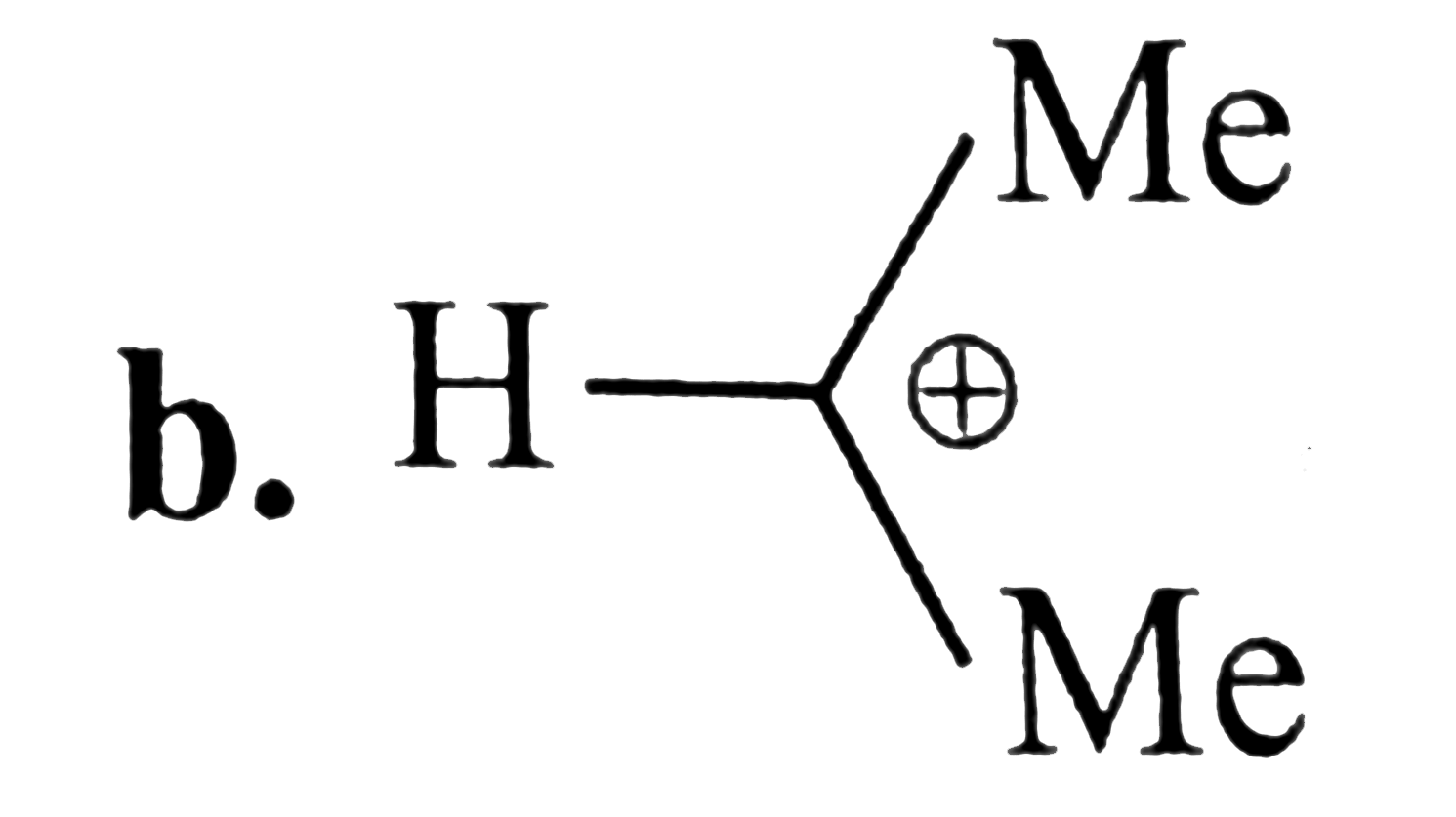
C
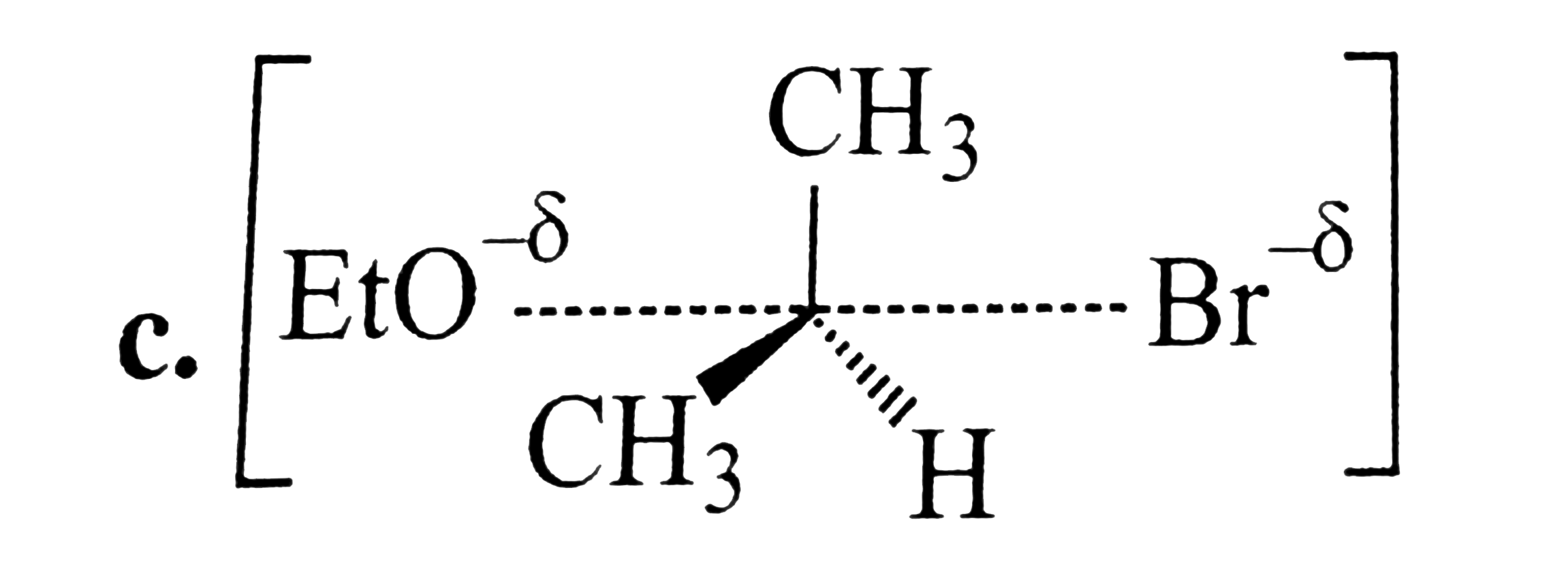
D
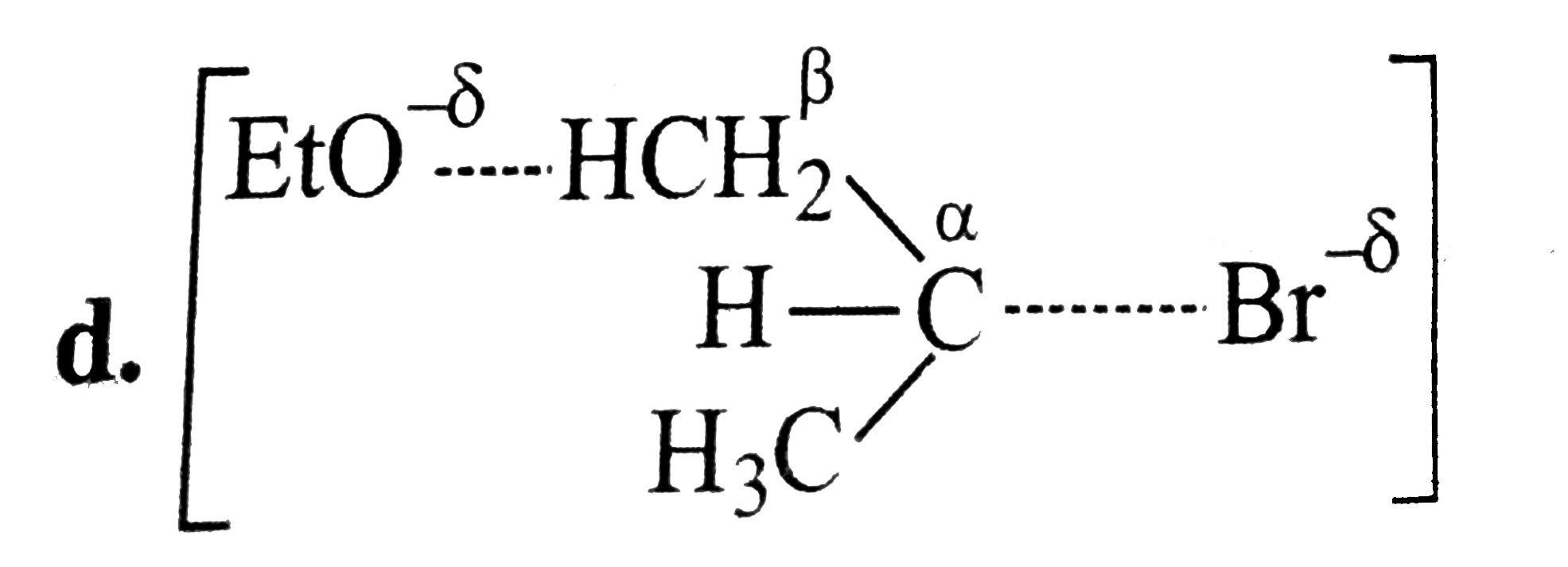
Video Solution
Text Solution
The correct Answer is:d
|
Topper's Solved these Questions
- AROMATIC COMPOUNDS AND ALKYL AND ARYL HALIDES BOOK - CENGAGE CHEMISTRYCHAPTER - AROMATIC COMPOUNDS AND ALKYL AND ARYL HALIDES EXERCISE - Exercises Multiple Correct
35 Videos
- AROMATIC COMPOUNDS AND ALKYL AND ARYL HALIDES BOOK - CENGAGE CHEMISTRYCHAPTER - AROMATIC COMPOUNDS AND ALKYL AND ARYL HALIDES EXERCISE - Exercises Multiple Correct Answers Type
12 Videos
- AROMATIC COMPOUNDS AND ALKYL AND ARYL HALIDES BOOK - CENGAGE CHEMISTRYCHAPTER - AROMATIC COMPOUNDS AND ALKYL AND ARYL HALIDES EXERCISE - Exercises Linked Compreshension Type
11 Videos
- APPENDIX INORGANIC VOLUME 2BOOK - CENGAGE CHEMISTRYCHAPTER - APPENDIX INORGANIC VOLUME 2EXERCISE - Short Answer Type
179 Videos
- BIOMOLECULESBOOK - CENGAGE CHEMISTRYCHAPTER - BIOMOLECULESEXERCISE - Exercises Archives (Analytical And Descriptive)
8 Videos
Similar Questions
Knowledge Check
IsoprophI bromide was treated separately with sodium ethoxide under two different conditions.
Reaction I:
Treatment of isopropyI bromide with (Me3CONa) at 40∘C gave almost exclusively compound (A)(C3H6).
Reaction II:
Treatment of (i−PrBr) with NaOC2H5 at 30∘C yileled compound (A)(C3H6) along with a small amount of an ether (B)(C5H12O).
Compound (A) was readily oxidised by a neutral solution of cold dil. KMnO4 to give a brown preciptate.
Which of the following is an accurate representations of compound (B) ?AMeOMeBEt−O−EtCi−Pr−O−EtDEtOMeIsoprophI bromide was treated separately with sodium ethoxide under two different conditions.
Reaction I:
Treatment of isopropyI bromide with (Me3CONa) at 40∘C gave almost exclusively compound (A)(C3H6).
Reaction II:
Treatment of (i−PrBr) with NaOC2H5 at 30∘C yileled compound (A)(C3H6) along with a small amount of an ether (B)(C5H12O).
Compound (A) was readily oxidised by a neutral solution of cold dil. KMnO4 to give a brown preciptate.
The formations of (A) and (B) are best explained by:ASN2 reaction and E2 reaction, respectivelyBE2 reaction and SN2 reaction, respectivelyCE1 reaction and SN1 reaction, respectivelyDE2 reaction and SN1 reaction, respectivelyIsoprophI bromide was treated separately with sodium ethoxide under two different conditions.
Reaction I:
Treatment of isopropyI bromide with (Me3CONa) at 40∘C gave almost exclusively compound (A)(C3H6).
Reaction II:
Treatment of (i−PrBr) with NaOC2H5 at 30∘C yileled compound (A)(C3H6) along with a small amount of an ether (B)(C5H12O).
Compound (A) was readily oxidised by a neutral solution of cold dil. KMnO4 to give a brown preciptate.
Referring to Q. No. 67 which of the following represents the intermediate T.S for the formation of compound (B) ?A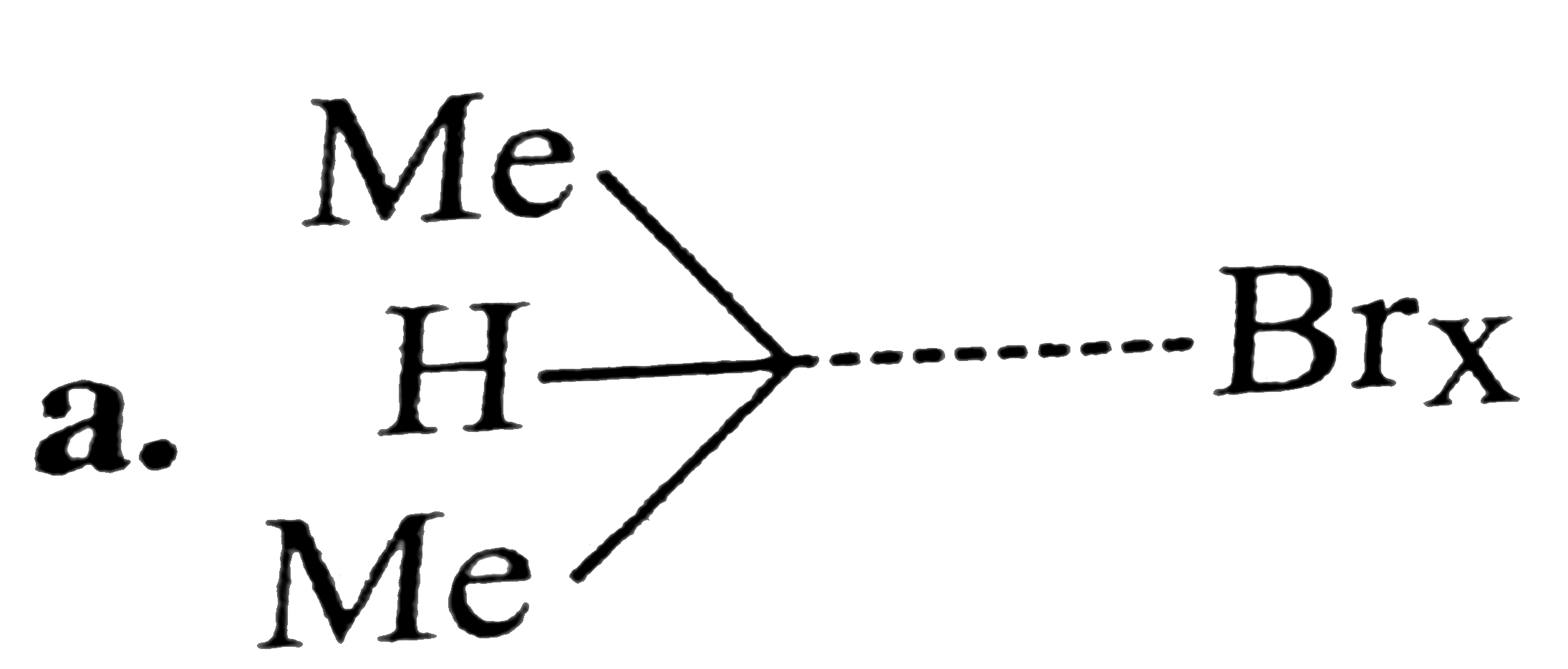 B
B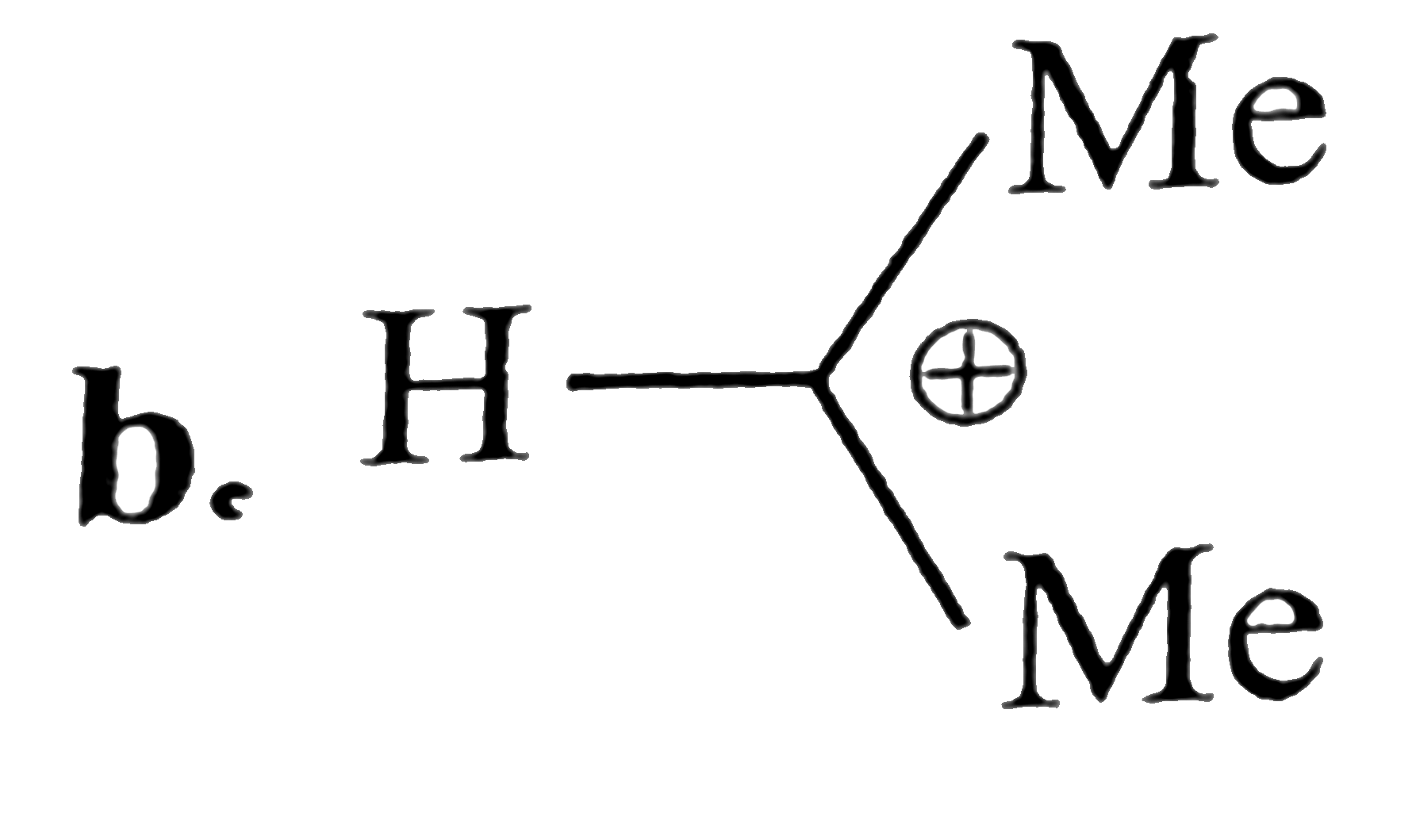 C
C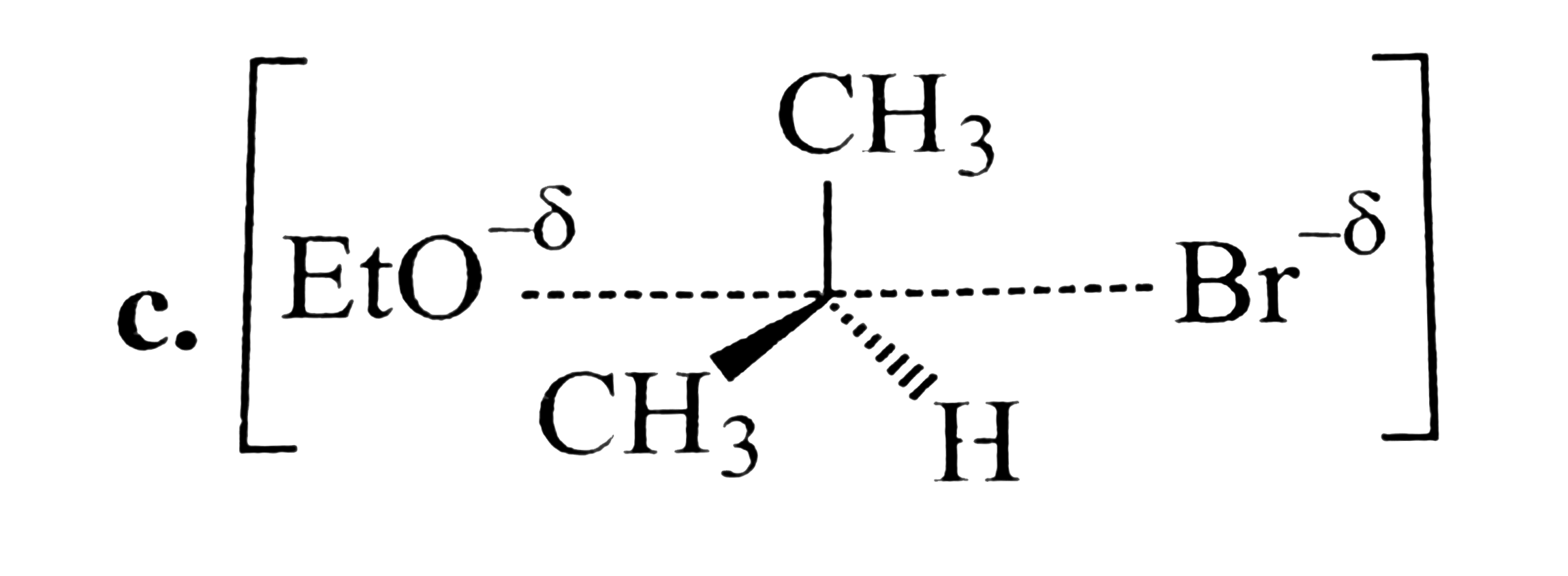 D
D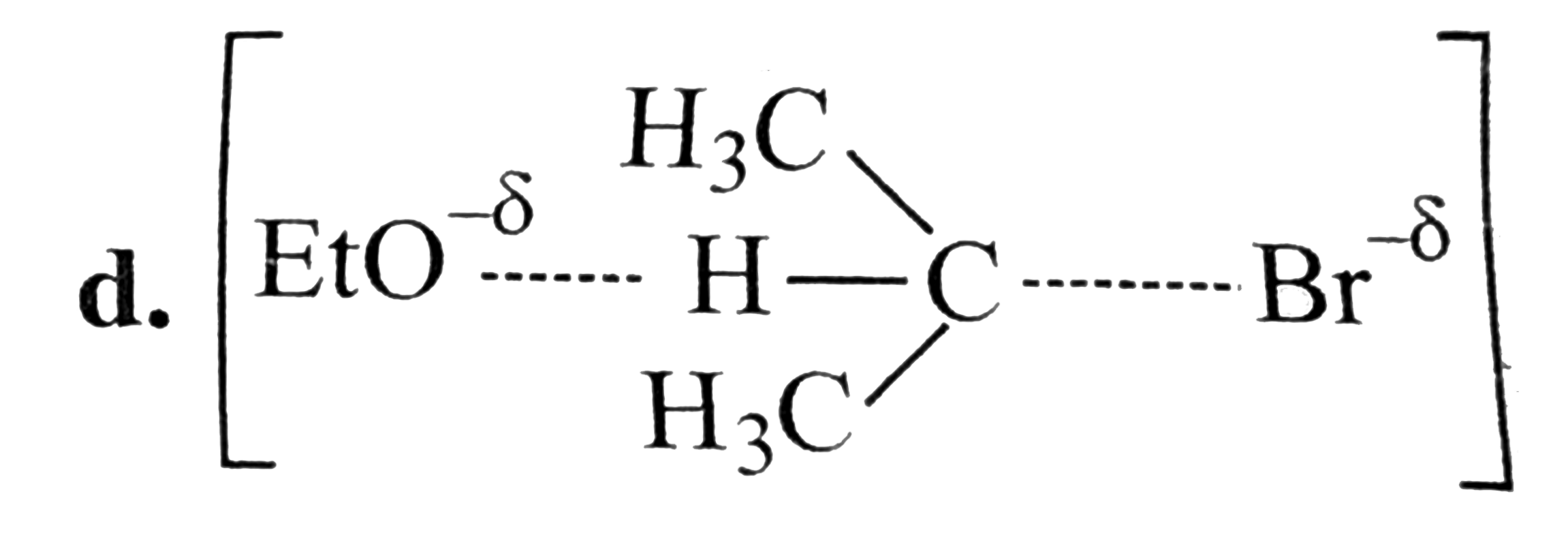
Compound (A) C8H6O2 on treatment with aq. NaOH followed by acidification gives (B) C8H8O3 which on oxidation gives benzoice acid only :
View SolutionEthyl acetate on treatment with ethoxide ions (NaOC2H5) produces
View SolutionAn optically active compound I H(C5H6O) on treatment with H2 in the presence of Lindlar's catalyst gave a compound I (C5H8O). Upon hydrogenation with H2 and Pd/C, Compound H gave J (C5H12O). Both I and J were found to b optically inactive. Select the correct statements.
View SolutionCompound having molecular formula C3H6O2 is:-
View SolutionArrange following compound in decreasing order order of reactivity for hydrolysis reaction:
(I). C6H5COCl
(II).
View Solution

